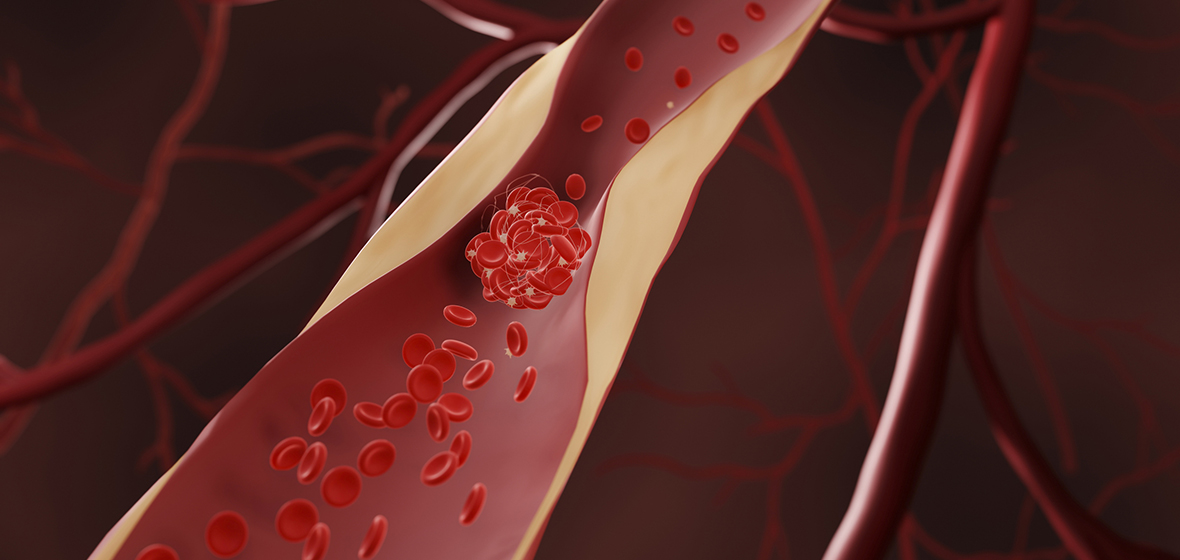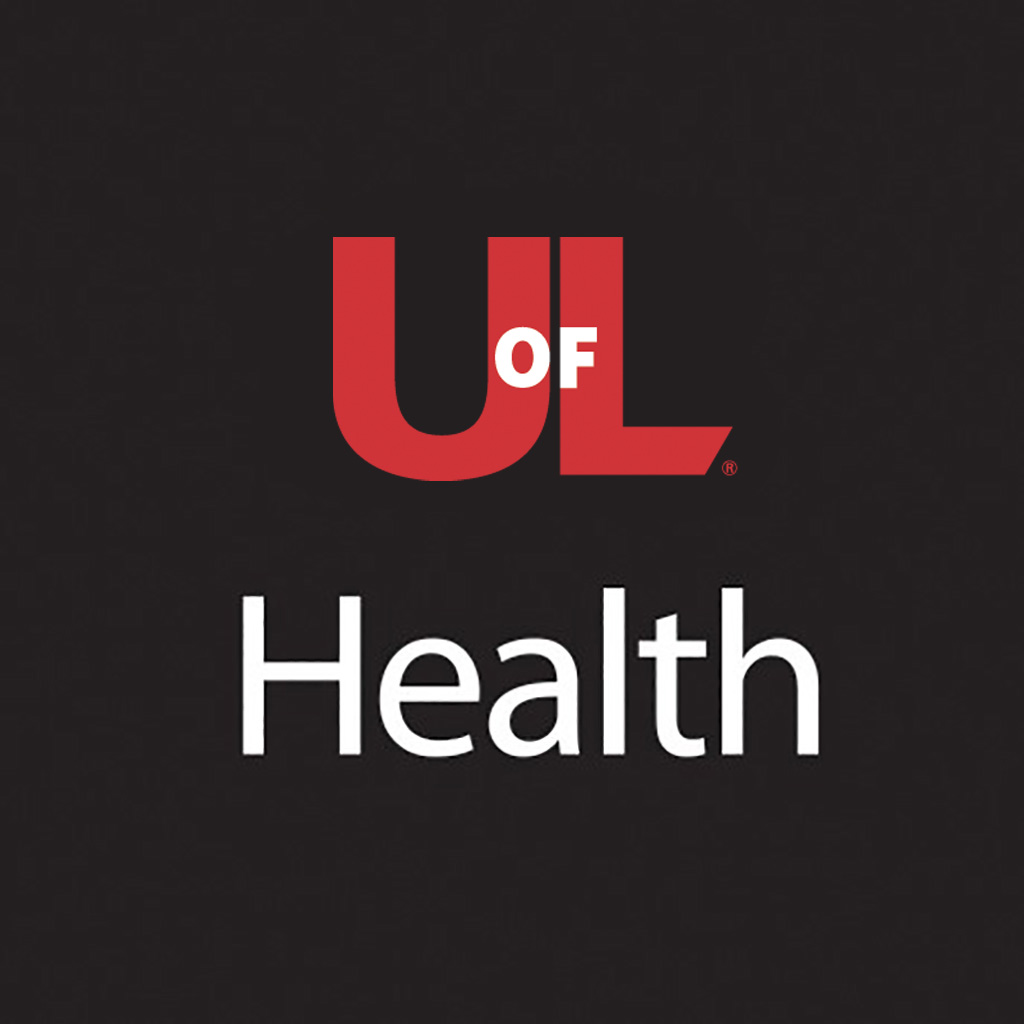
In June 2023, Patsy Hedrick experienced blood clots after a flight back from vacation. The blood clots were controlled with medicine, and she was able to recover well.
Because of her history with blood clots, Hedrick was labeled high-risk for her total knee revision. The surgery was successful, though, and she spent the following days in the hospital bed healing and resting. Hedrick remembers feeling short of breath and weak but attributed the feeling to the recovery process.
Knowing she had a beach vacation planned for the end of March, Hedrick scheduled her total knee revision surgery for the end of January so she could be healed and ready to go. On Jan. 24, 2024, she went into the hospital for her total knee revision.
A couple of days after Hedrick’s total knee revision, on Jan. 26, 2024, her therapists encouraged her to try to walk to the bathroom. All she remembers is going down.
The next moments for Hedrick are a blur. She remembers hearing “end of life” and that she was going to be flown from Jasper, Ind. to UofL Health – Jewish Hospital in Louisville.
The frigid temperatures of the January day put a wrench in the plans. The propellers of the helicopter were frozen. Instead of flying, Hedrick was put in the back of an ambulance and endured a bumpy ride to Louisville.
While in the ambulance, Hedrick recalls hearing that her blood pressure was 40/20. She thought to herself, “If I can survive this, I can survive anything.”
Upon arrival at Jewish Hospital, Yuvraj Chowdhury, M.D., “Dr. Raj,” was ready to save Hedrick’s life. She had developed blood clots in her lungs, explaining why she was experiencing shortness of breath. Hedrick’s patient care team explained to her that she may not survive.
By performing a minimally invasive thrombectomy procedure via the vein in the groin, Dr. Chowdhury was able to successfully break up the blood clots in Hedrick’s arteries.

Patsy Hedrick’s blood clots.
The size of the blood clots shocked Hedrick. One of them was described as the size of a grasshopper.
“There has been a paradigm shift in the way clots in the lung are now treated,” Dr. Chowdhury said. “It no longer requires major surgery since certain appropriately trained interventional cardiologists have a plethora of minimally invasive options that can save someone’s life with a just small stick in the groin.”
After the procedure, the interventional cardiology team all walked out together, worrying Hedrick’s husband and friend, who were awaiting the results. Thankfully, the team was able to deliver good news, and Dr. Chowdhury later shared that he was doing the happy dance because he had saved her life.
On Jan. 30, 2024, Hedrick was able to return home under the care of two nurses and a physical therapist who visited her twice a week. After three weeks, she graduated from home health care and was able to travel to Jasper, Ind., twice a week for physical therapy to regain mobility and strength after her total knee revision.
The end of March called for two celebrations – one marking the end of Hedrick’s physical therapy and the other because she survived life-threatening blood clots and was able to make it to Navarre Beach in Florida.
Hedrick warns others of the severity of blood clots. She encourages you to go to a doctor right away if you are experiencing a shortness of breath or feeling weak.
“It doesn’t matter if you are doing yard work, housework, anything – if you are short of breath, get to a doctor,” Hedrick said.
Hedrick also recognizes that having a supportive health care system is imperative in blood clot emergencies.
As for UofL Health, and Dr. Raj, Hedrick said, “They took great care of me. He got the grasshopper out. He saved me.”
Blood clots can occur in anyone, regardless of age, race or gender. Risk factors include major surgery or hospitalization, severe trauma or injury, cancer, using birth control methods that contain estrogen, pregnancy, smoking and family history. Know your risks and talk to your primary care provider about how you can prevent blood clots.
If you are experiencing any of these symptoms or think you may be at risk, please talk to your primary care provider or your cardiologist about your symptoms or risk level. If you do not have a primary care provider, visit UofL Physicians – Primary Care or call 502-588-4343 to find a provider near you. Visit UofL Health – Heart Hospital to view our cardiologists.









